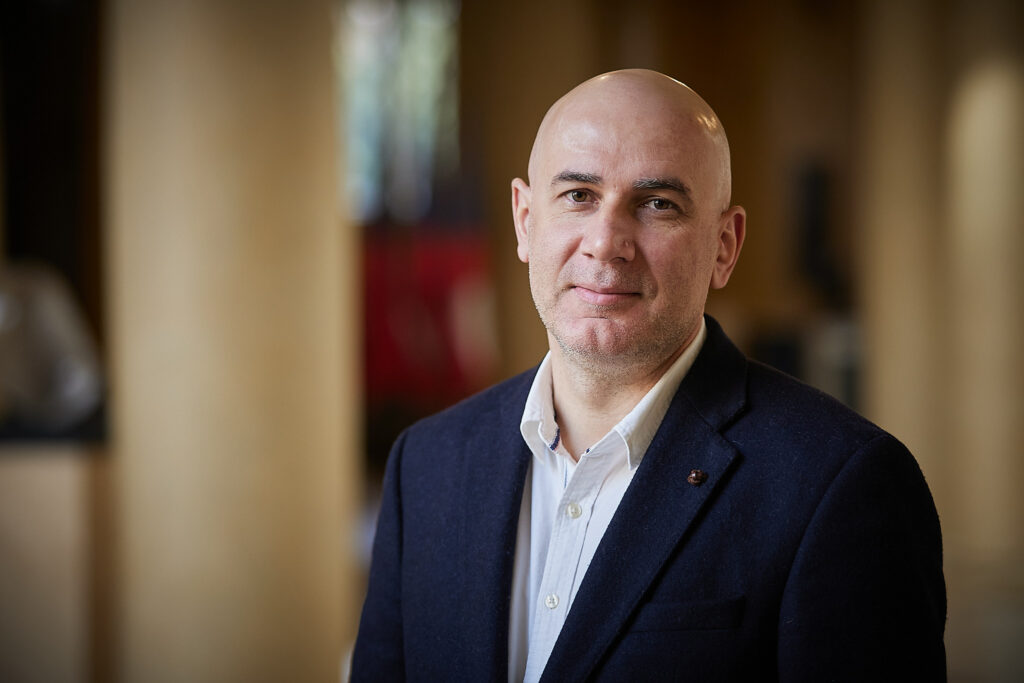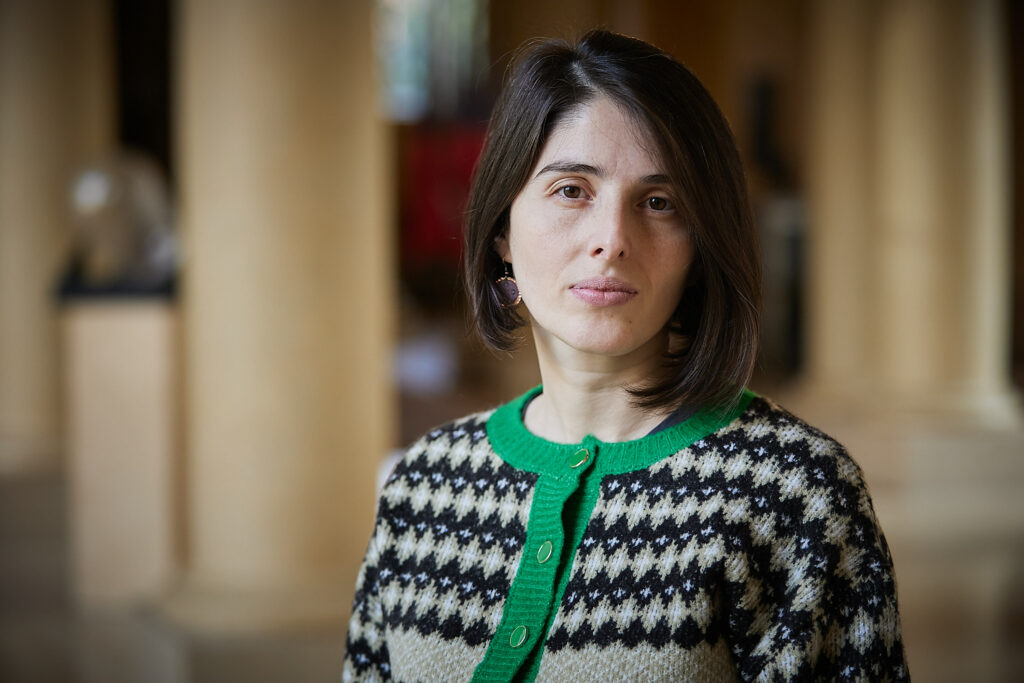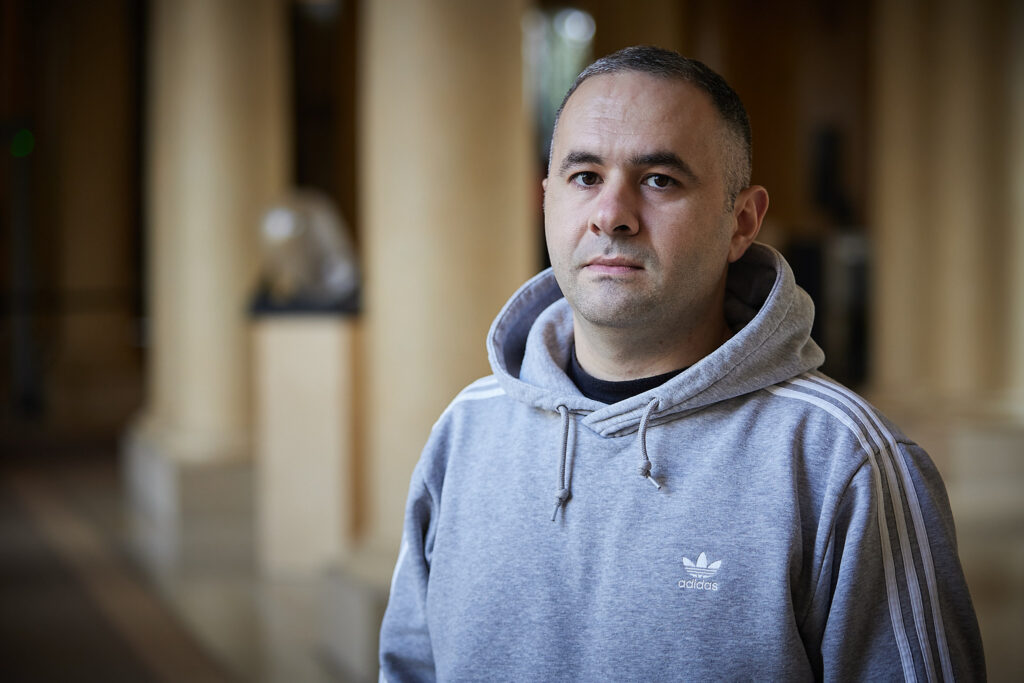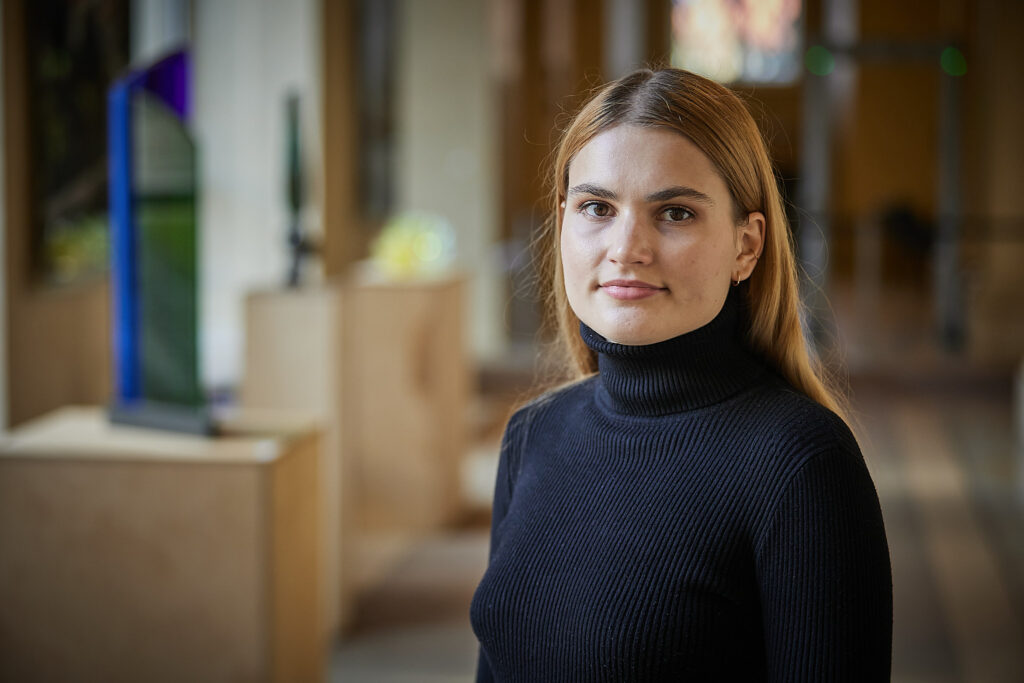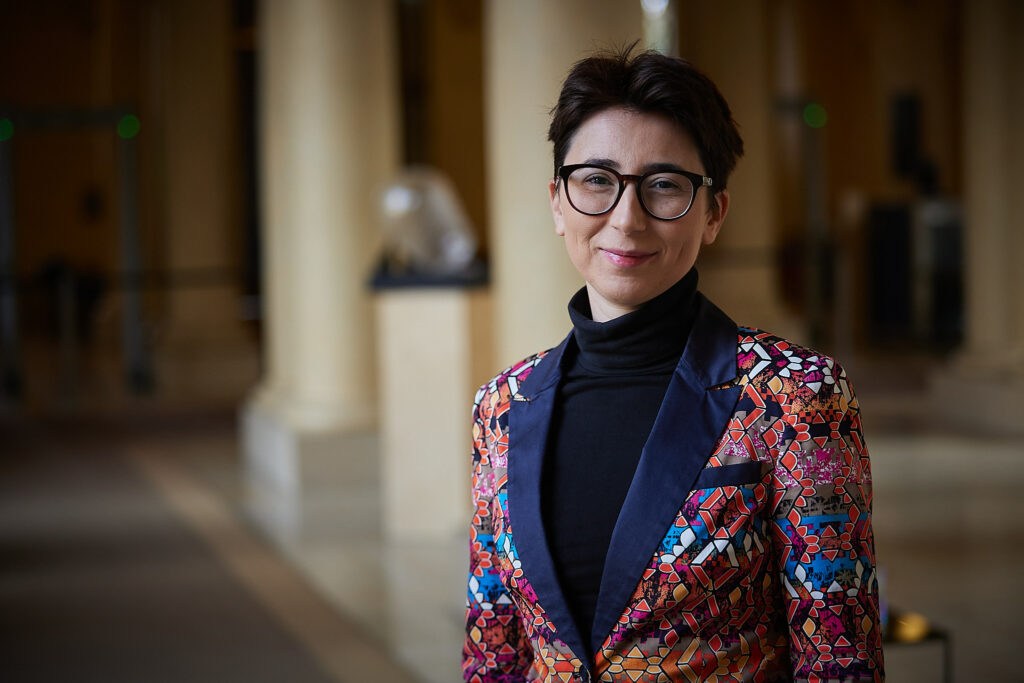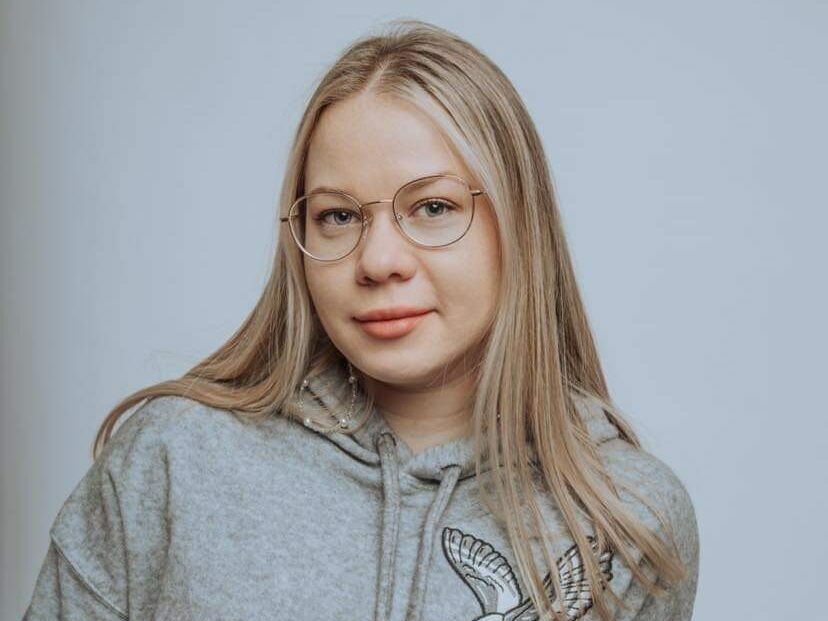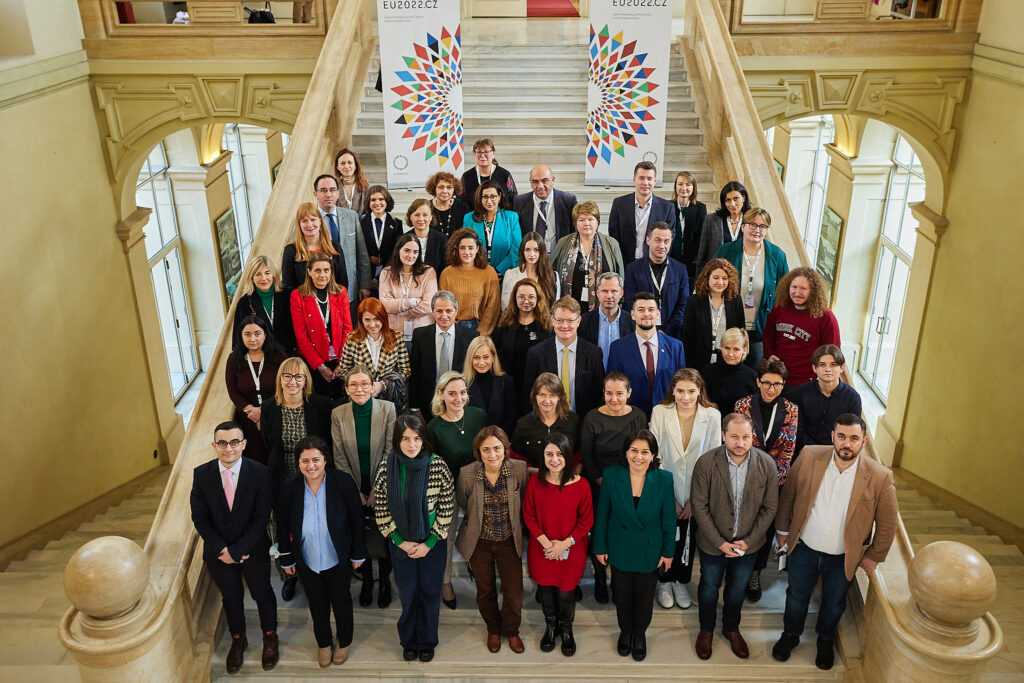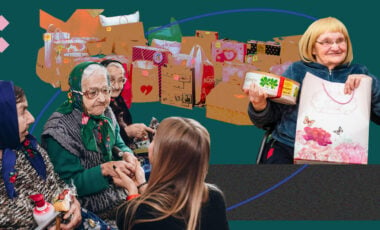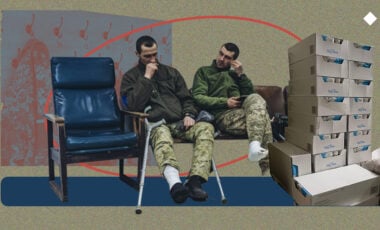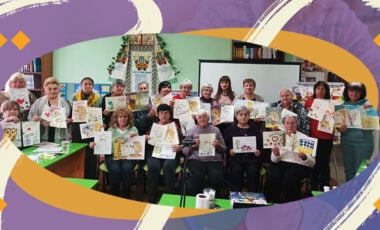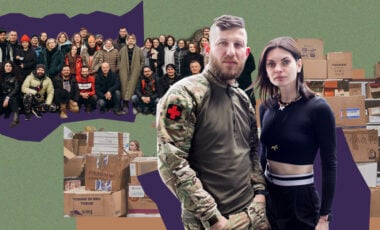Your favourite media needs your support – to fight for justice and solve concrete problems
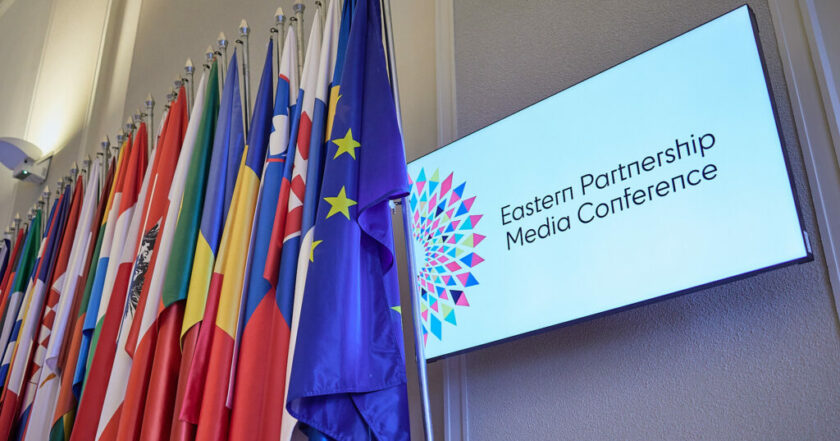
In the EU and many other countries, paying for online news is often standard practice. Just as people used to buy a newspaper, readers accept the need to pay for quality and independent journalism. And media count on memberships, subscriptions or donations to help them fight for accountability and against injustice, solve concrete problems and build communities.
For example, in 2020 the Guardian became a leading voice in the fight to save the planet with a piece of environmental journalism published every three hours. This leading British newspaper remains free online, but this wouldn't be possible without the support of one-off and regular contributions and subscriptions from readers.
Sustaining independent media is an everyday challenge in the countries of the Eastern Partnership, in the face of growing political and economic pressures and dependence on their support, the physical and psychological impact of war, and dwindling resources.
And yet across the region, brave independent media are battling to buck the trend. We had the opportunity to attend the Eastern Partnership Media Conference earlier this month, and to hear the exciting stories of media professionals from Armenia, Azerbaijan, Belarus, Georgia, Moldova and Ukraine on how they help their communities not only to be informed, but also to solve concrete problems. None of them will ever have the resources of a global media like the Guardian, but they too are working for the community, and they need their communities' support, in whatever way is possible.
Armenia: "Even when there were no international reporters, we reported" – Karen Harutyunyan, editor-in-chief, CivilNet.am
The CivilNet.am website was the only trusted source for international media during the second Nagorno-Karabakh war in 2020. It became the main source of information for the international community and media, producing reliable content in English, including video. "Our reports were critically important. During the conflict, we even had reports in French and Russian, so people had a picture of what was happening," said Karen Harutyunyan, editor-in-chief of CivilNet.am.
The media managed to operate on the ground with reporters working on the frontline.
"Even when there were no international reporters, we reported, we had a bureau. Our reporter was working from the basement to protect herself under shelling. She kept diaries every day, writing what was happening. And this work had a great impact. Eventually, based on these diaries, a documentary was made in English. It is probably one of the few documentaries about the 2020 war," he added.
Karen Harutyunyan believes the editorial board did a lot to fight propaganda, even saving lives of people who escaped the disinformation trap. "When we're talking about 2020 war, it was totally driven by propaganda. This is a challenge for locals, but also for the journalists, who are working there, on the frontline, sometimes risking their lives. And getting back to the propaganda, it would be so much better if journalists and media could work more freely. With the introduction of martial law, there were many restrictions, and we were under huge pressure not to report a lot of things," he explained.
Georgia: "Our investigation found that police stood by and failed to prevent the attacks against 53 journalists and activists" – Lika Zakashvili, editor-in-chief, publika.ge.
Georgian project Publika works with just 10 journalists, but this has not stopped the team from tackling bold stories, motivating people to read them and to understand why such articles matter for their life.
For example, Publika's investigation into violence against activists and media representatives when the Tbilisi Pride march on 5 July 2021 was attacked by far-right counter-demonstrators, was transmitted by all local broadcasters, and officially requested by the Interior Ministry as an "important video material for the investigation".
"Also, based on our video, the Ombudsman appealed to the Prosecutor General's Office and demanded that the organisers of the counter-demonstration face criminal liability. Our investigation showed that law enforcement bodies just stood by and failed to prevent the violent actions committed against 53 journalists and activists. This material received an award as the best video reportage of the year from reliable professional associations," said Lika Zakashvili, editor-in-chief at Publika.ge.
Publika's stories on the events of 5 July were among the evidence submitted together with the complaint sent to the European Court of Human Rights.
Azerbaijan: "We are the only media in Azerbaijan that is working on investigations" – Ulvi Hasanli, executive director and editor, Abzas news site
Abzas media is one of very few independent media outlets in Azerbaijan, and the team has managed to build up a significant audience (215,000 users on social media platforms and 50 million views of video content during the last year). Such an audience allows Abas to spread its information widely. But Ulvi Hasanli says his team is still struggling and faces a lot of challenges.
"We have one investigative project that I am proud of. I guess we are the only media in our country that is working on investigations. After the second Karabakh war, the state started a programme to repair destroyed houses and buildings. Over two years, US $5.3 billion were spent on such projects. And we decided to investigate this topic. We found out that part of the budget turned out to be at the disposal of companies connected to the authorities and their families," said Ulvi Hasanli.
There are nine parts of investigation already. "We are reporting on the misuse of power in different areas. I guess that once all the stories are released, we will see some reaction," he hopes.
The team has invested heavily on digital. "In 2022, we started a TikTok channel, where we have 20,000 followers. And we have almost 5 million views of our videos during the last five months. So we are really into social media," added Ulvi Hasanli.
Ukraine: "We are not afraid to take on local stories" – Alexandra Voronina, editor of the English version of Rubryka
Rubryka is the first media in Ukraine that follows the format of 'solution journalism'. What does this mean? Rubryka not only talks about problems, but also how they can be solved at the national, community, or even personal level. Alexandra Voronina is responsible for the English version of the site and says that even though news coverage has been dominant with the invasion, with journalists reporting from the hot spots, the website continues to cover a lot of bold projects.
"I really like that we are not afraid to develop local stories. There are many directions. But let me give you an example. We explain how communities are finding solutions in the context of war. Take for example the issue of environmental war crimes in Ukraine. We talk to experts. I remember the articles form our journalist who went to the Tuzly Lagoons National Nature Park and reported on the death of Black Sea dolphins, which are being washed ashore in huge numbers. They are protected in Ukraine, but this problem has spread to the entire Black Sea basin. We talked not only about Russia's crimes, but also asked experts how to restore the ecosystem," said Alexandra Voronina.
Ukrainians are interested in such content because this is the environment in which they live. "We also think how to record these crimes and then achieve reparations, as well as restore the territories, carry out conservation where it is important," she added.
Moldova: "Being an online media, it is really important also to initiate offline activities" – Irina Ghelbur, managing director, Interakt
The Agora project began with one person. Now it is a strong team and one of the most innovative media in Moldova. They have introduced a membership model for developing the audience, and not only for profit.
"One of the main things that people like about Agora is our community meetings. Being an online media, it is really important to also initiate some offline activities. We organised these events in a very creative format. We invited people onto the roof of our building to meet us and discuss important topics that we care about. More than 1,000 people came during 10 editions. People were able to meet the team and discuss specific problems. There were many topics: the hybridisation of work, jobs and businesses, the digitalisation of businesses, unbeaten tourism paths in Moldova, multinationals and the import of know-how, etc," said Irina Ghelbur, managing director at Interakt, which is developing the Agora project.
For example, in 2018 there was a serious discussion on recycling policy. And this debate led to a series of articles about the issue. "I even remember one specific article when our journalist pointed out amendments to the law on plastic bags that made the law non-functional, and this led to the amendments being changed, and the law became effective," she said.
Belarus: "After the full-scale war, the first thing we had to do was to reorganise our media" – Alexandra Pushkina, director of communications, Zerkalo.io
The situation in Belarus is incredibly dangerous for activists and independent journalists. Yet the media, even in the most difficult conditions, continue to convey the most important information to those who have remained in Belarus, risking security and freedom.
In addition, Russia's invasion of Ukraine has created new problems. The Belarusian authorities blocked the independent Tut.by website on May 18, 2021, jailed the management team and froze its company bank accounts. So the team launched the Zerkalo.io project. Alexandra Pushkina, director of communications at the editorial board, explained the transformation of their work after 24 February, 2022.
"After the launch of the full-scale war, the first thing we had to do was to reorganise our media, because relocation from one place to another is not only a physical move, but also involves employment and legalisation of employees. If you look at the statistics, we had 5 million unique users in March 2022 – as people were looking for information about the war. After we were blocked in Russia, which means we became unavailable on Yandex, we lost 1.5 million unique users. All this time we are recovering. There are no new tools, we know all the players – so now our way is to work with recommendation systems," she explained.
Since August 2022, TikTok has reached over 70,000 subscribers. The editorial team also started creating content in the Belarusian language.
Among the current topics that help to defend human rights and inform society is the coverage of the struggle for the freedom of political prisoners in Belarus, the situation on the border with Ukraine, and the reactions to sanctions against Belarus.
The EU is also acting
Constant collaboration between donors, media, NGOs and experts plays a critical role in strengthening independent journalism in the Eastern Partnership countries.
This was the aim of the recent Eastern Partnership Media Conference in Prague, organised by the Ministry of Foreign Affairs of the Czech Republic together with the European Commission – DG NEAR, and Radio Free Europe/Radio Liberty. Around a hundred journalists, media professionals and donors gathered in Prague to discuss practical examples of how to strengthen the resilience of the independent media and professional journalism in Eastern Partnership states, present current EU media policies, programmes and strategies.
The EU supports independent media through a number of initiatives on the ground, including the European Endowment for Democracy (EED). The EED offers funding to support civil society organisations, pro-democracy movements, civic and political activists, and independent media platforms and journalists working towards a pluralistic, democratic political system. Support comes through grants to help sustain and develop independent news outlets, assist journalists and media outlets operating in repressive environments, or support new media.
Another EU initiative is the European Union for Independent Media (EU4IM) project, which works with media across the Eastern Partnership with a focus on editorial standards, newsroom management and financial sustainability.
One of the practical actions the project has introduced is rapid reaction to the needs of professionals. During the conference, Zoya Charles, senior media training and exchange expert at EU4IM, outlined the emergency support the project is providing for Ukraine, where it has stepped in to support regional journalists, who have never had hostile environment training. She admitted it was challenging to provide such trainings online ("imagine demonstrating how to stop bleeding via Zoom…"), but "it was a big success, and we had really good feedback from these sessions. Then other donors and organisations also stepped in, and they started to organise such trainings," said Zoya Charles.
The project is also providing editorial guidelines on covering war that it has translated in different languages for EaP countries (for Ukraine, Armenia, Georgia, Moldova and Belarusian and Azeri journalists in exile).
But the project's major work is to support the development of newsrooms. Right now, two experts are working together in Georgia to produce an information pack for newsroom managers to use during in-house management mentoring (covering newsroom structure and workflows, job descriptions, gender policy etc).
"We have also identified some outstanding online resources which are currently only available in English (courses on business strategy, newsroom management, investigative journalism), which we are now adapting to local markets and translating into the languages of the countries we work in. These courses will be followed by in-house mentoring with a mix of international and local experts," explained Zoya Charles.
Author: Olga Konsevych
Source: EU NEIGHBOURS east


